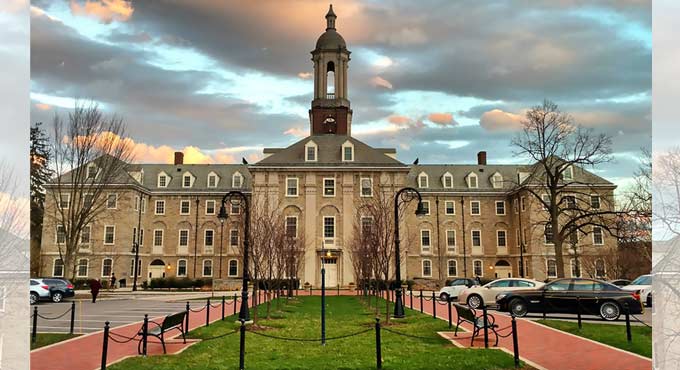Penn State University: Entomologists to study how climate change may influence pollinator stressors
A Penn State-led team of researchers will use a newly awarded $682,000 grant from the U.S. Department of Agriculture’s National Institute of Food and Agriculture to examine how climate change may influence and interact with various stressors that affect the health of pollinators.
The funding is part of USDA-NIFA’s Agriculture and Food Research Initiative.
The project will employ a novel, integrative approach to understand how temperature variation, pesticides and pathogens interact to influence the fitness and survival of crop pollinators, according to team leader Margarita López-Uribe, Lorenzo L. Langstroth Early Career Professor and assistant professor of entomology in Penn State’s College of Agricultural Sciences.
López-Uribe pointed out that global warming is impacting biological processes of organisms at both individual and population levels, with profound effects on species interactions and ecological function.
“Bees play a critical role as ecosystem service providers, facilitating the reproduction of wild plants and crops, but their populations are in decline,” she said. “Multiple interacting stressors, such as pathogens and pesticides, have been linked to bee declines, but we don’t know how global warming modulates effects of these stressors to impact wild and managed pollinator health.”
López-Uribe noted that the research will include rigorous laboratory and field experiments in physiology, toxicology and disease ecology to determine how temperature variation, pesticides and pathogens interact to mediate the health and survival of three critical and representative bee pollinators of agroecosystems in North America: squash bees (wild solitary), bumble bees (wild social) and honey bees (managed social).
The team will build species distribution models that incorporate data on pesticide exposure, disease pressure and microclimatic conditions, explained project co-director Rudolf Schilder, associate professor of entomology and biology, Penn State. “Our combined lab, field and modeling approach will allow us to identify key stressors in different habitats and to develop recommendations for mitigation measures to enhance pollinator health,” he said.
López-Uribe added that the study’s findings will address a current knowledge gap about how multiple stressors impact pollinator health in agroecosystems that are critical to the food supply.

